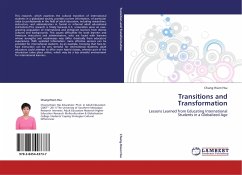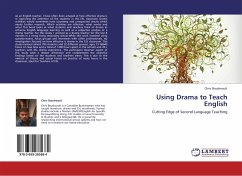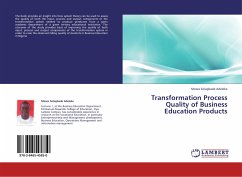Counsellors are required to simultaneously manage interpersonal and intrapersonal awareness in order to facilitate clients within a therapeutic context. Trainees must acknowledge affective contact with multi faceted awareness, available for external expression, in symbols, images or in words. The British Association of Counselling and Psychotherapy Ethical Framework identifies personal moral qualities essential for a counsellor and this study suggests that assessment of trainees should include evidence for integration of knowledge and an embodied counselling persona. This study identifies supervision and personal therapy as key contributors to the development of the personal moral qualities through examining reflections of trainee counsellors and goes further to illustrate the function of writing in supporting student reflexivity. Supervision then becomes an external extension of the qualities required for professional accreditation. Long term study of transformational processes in therapeutic training may provide information about the relationship between training processes and eventual effectiveness in practice.
Hinweis: Dieser Artikel kann nur an eine deutsche Lieferadresse ausgeliefert werden.
Hinweis: Dieser Artikel kann nur an eine deutsche Lieferadresse ausgeliefert werden.








